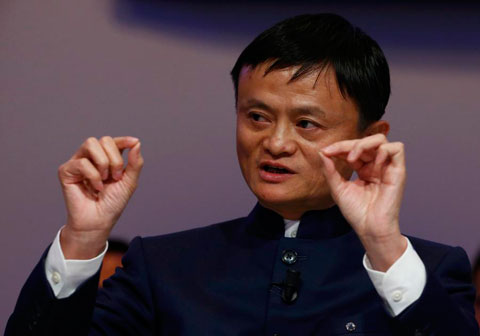Music industry fights online piracy, calls for paid services
By Zhang Zhao (China Daily) Updated: 2015-02-04 10:36A report by the Music Industry Promotion Committee said that China had 453 million online music users in 2013. Another report by the IFPI noted that the nation's digital music revenue in the same year was $82.6 million, which meant each user paid less than 20 cents a year on average.
Xiu Dapu, Sony's supervisor for copyright and legal affairs, said traditional phonographic companies also find it challenging to fight online piracy because the cost of breaking the law is very low.
"If pirated content is offline now it will go online again probably in the next hour," he said. "If we turn to lawsuits, we have to go through long procedures and it often works out that the compensation can be lower than an air ticket."
"The content on the Internet is not just binary codes, but artistic works, fruits of people's labor," said Liu Ping, vice-secretary-general of the MCSC. "It is irrational if a website does not count it in its list of major costs."
"Using unauthorized material may bring about profit temporarily, but the model will fail in the long run," he said.
The Jianwang Operation is an annual nationwide campaign that started in 2005 and fights against online copyright infringements. During the sixmonth campaign in 2014, 750 websites with unlicensed content were shut down and fined 3.52 million yuan ($562,345).
Zhao Jie, an official from the National Copyright Administration, said the administration would join hands with other authorities to launch the 11th Jianwang Operation this year, and online music would be a focus.
He said the regulations would expand to emerging distribution channels, such as smartphone apps.
Zhao also said that they "encourage industry associations to play an active role" in the fight against piracy.
An anti-piracy declaration and a self-discipline treaty were announced at the inaugural ceremony.
- Growth to slow for China's smart devices: IDC forecasts
- Free patents to shake up fuel cell car sector
- China, Niger vowing deepened cooperation
- China capital account deficit widens in Q4
- Report reveals auto world's innovation trends
- China Eastern to launch new trans-Pacific flight
- New direct flight links Kunming with Thailand's Krabi
- Property sales lose momentum in Hangzhou
















